Mayorkas, first Latino secretary of Homeland Security 0:45
(CNN Spanish) --
The month of Hispanic Heritage begins this September 15 and during this month we will celebrate and recognize the contributions that Hispanics have made in the culture of the United States.
When we speak of Hispanics or Latinos, we are referring to the nearly 60 million people in the United States who identify as such, whose roots are "of Cuban, Mexican, Puerto Rican, South or Central American, or other Spanish cultural origin, regardless of race." .
In 1968 this was known as Hispanic Heritage Week, but it was in 1988, with President Ronald Reagan, that it became a month of celebrations to highlight the history, language, future and past of Latinos in the United States. .
These are just some of the most prominent Latinos or Hispanics who have helped shape the history of the United States.
Hispanics will be able to access mortgage loans from Bank of America with no down payment or closing costs
Luis Walter Alvarez
Luis Walter Álvarez, winner of the Nobel Prize in Physics in 1968. (Credit: NOBELPRIZE).
This American physicist, inventor and professor (San Francisco, 1911) won the Nobel Prize in Physics in 1968 "for his decisive contributions to the physics of elementary particles, in particular the discovery of a large number of resonant states, made possible thanks to his development of the technique of using hydrogen bubble chambers and data analysis".
advertising
Although Álvarez was born in the United States, his grandfather was an immigrant doctor who lived in Spain and Cuba and later moved to the United States, according to the Hispanic Heritage Month page.
During World War II, Álvarez created, among others, a system that prevents enemy submarines from discovering that they had been detected by microwave radars in the air.
Also, in the 1940s, he developed a device with which he measured the effect of the explosion of the Little Boy bomb that was dropped on Hiroshima.
Álvarez died on September 1, 1988 due to complications from cancer.
Baruch Benacerraf
Baruj Benacerraf, Nobel Prize in Medicine in 1980. (Credit: NOBELPRIZE)
Baruj Benacerraf was born in Caracas, Venezuela, in 1920 and after moving to Paris in 1925, they arrived in the United States in 1940.
Benacerraf was awarded the Nobel Prize in Medicine in 1980 for the discovery "of genetically determined structures on the cell surface that regulate immune reactions."
He studied science at Columbia University and later studied medicine at the University of Virginia.
The Venezuelan was elected to the American Academy of Arts and Sciences in 1971, won the Rous-Whipple Award from the American Association of Pathologists in 1985, the National Medal of Science in 1990, the Gold-Headed Cane Award from the Association Award for Pathology Research in 1996, and the Charles A. Dana Award for Pioneering Achievement in Health and Education in 1996.
He died in August 2011 of pneumonia in Massachusetts.
Alejandro Mayorkas, the first Latino to be Secretary of National Security: It is an impressive privilege and responsibility
Sonia Sotomayor
Sonia Sotomayor (New York, 1954) was the first Hispanic judge of the Supreme Court of the United States (2009), the first Hispanic person to be appointed to the judicial branch of New York, and the third woman to be appointed in all history of the Supreme Court of that country.
She is the daughter of Puerto Rican parents, who moved to the United States in the 1940s.
Between 1992 and 1998, she was nominated by President George HW Bush as an associate justice on the New York Southern District Court, and by 1995 she issued an injunction ending Major League Baseball's eight-month strike.
The judge has been an adjunct professor at New York University School of Law and a professor of law at Columbia University.
Franklin Ramon Chang Diaz
Chang Díaz (San José, Costa Rica; 1950) began his career at NASA in 1980 when he was selected to be an astronaut.
The Costa Rican made his first trip aboard the Space Shuttle in 1986 and participated in six more missions between 1989 and 2002.
According to NASA, when Chang Díaz arrived in the United States without knowing English and with $50,000 in his pocket in 1968. Upon arriving in the United States, he entered the Hartford Public High School, and although he failed the first two terms, in the third and fourth went so well that he got a scholarship to the University of Connecticut, says NASA, where he graduated in 1973 with a Bachelor of Science in mechanical engineering.
He later earned a Ph.D. in applied plasma physics and fusion technology from the Massachusetts Institute of Technology in 1977.
Upon entering NASA, where he became an astronaut in 1981, Chang-Díaz began research on the design and control of nuclear reactors and was also a specialist on the STS-91 mission.
He retired from NASA in 2005.
Emilio and Gloria Estefan
Under the Presidency of Barack Obama, Emilio and Gloria Estefan were awarded the United States Presidential Medal of Freedom, the highest civilian honor in that country, which is awarded to "individuals who have made meritorious contributions to the security or interests of United States, world peace, or cultural endeavors,” according to the White House.
Emilio Estefan was awarded for his long career as a producer and musician who, with his decades-long work, helped train countless artists and popularize Latin music in the world.
Gloria Estefan, for her part, was honored for presenting Latin music "to a global audience."
The White House highlighted her work with which until then, 2015, she had won seven Grammy Awards and for being one of the artists who has sold the most records in music history, with 100 million albums sold worldwide.
Other prominent Hispanics
The Hispanic Heritage Month Organization has highlighted, among others, several Latinos who have contributed to the culture and politics of the United States.
Among them are José Carlos Altuve, a Venezuelan professional baseball player, and Camila Cabello, a singer born in Cuba, among others.
Featured HispanicsHispanic Heritage Month tag

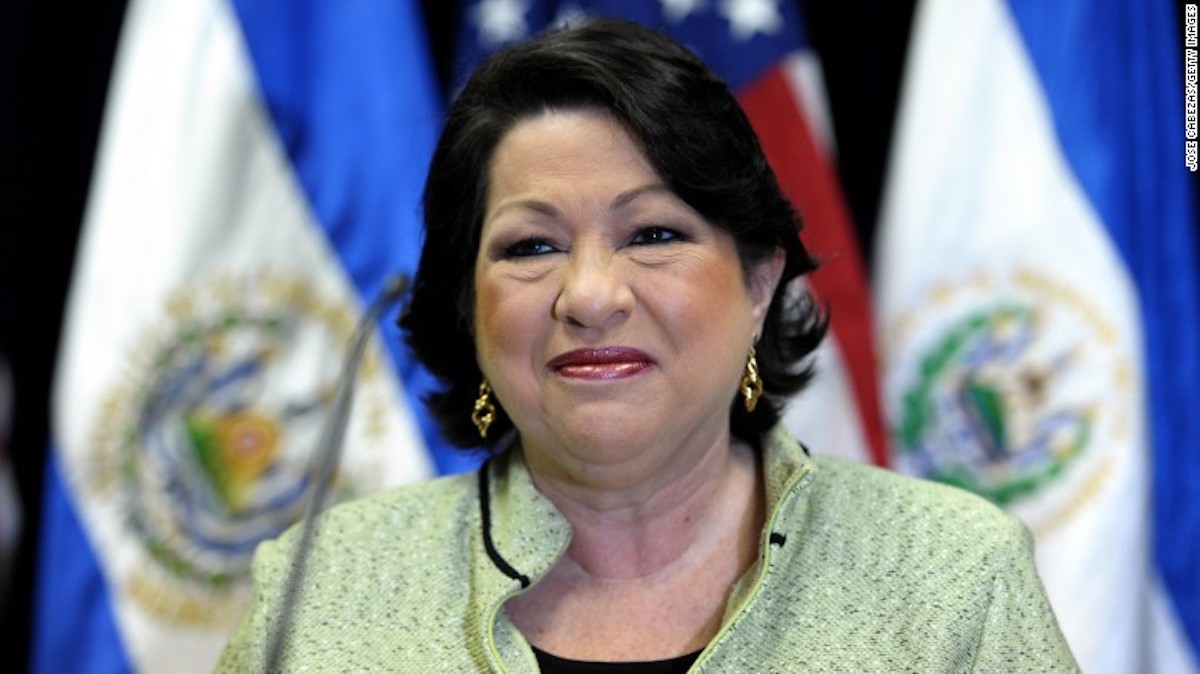
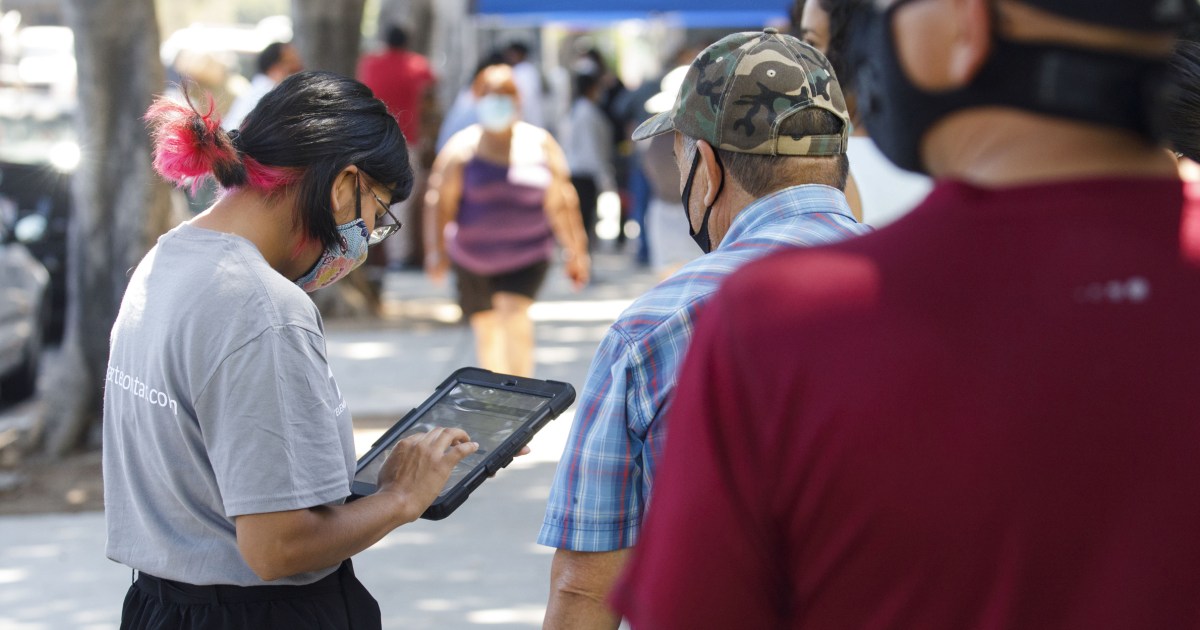
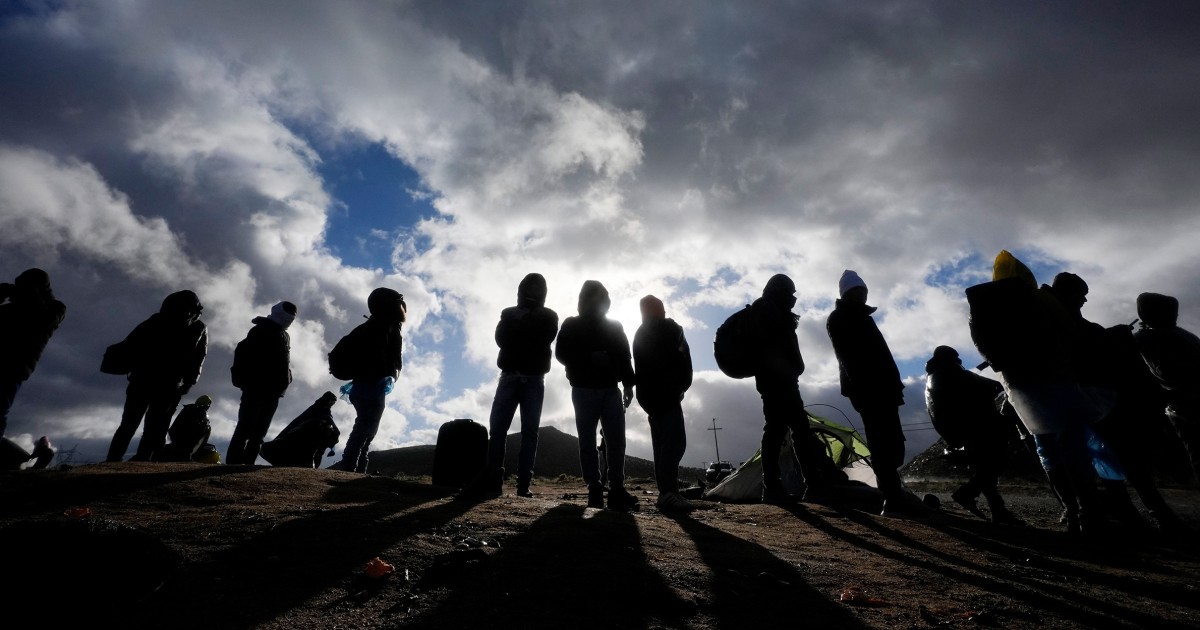
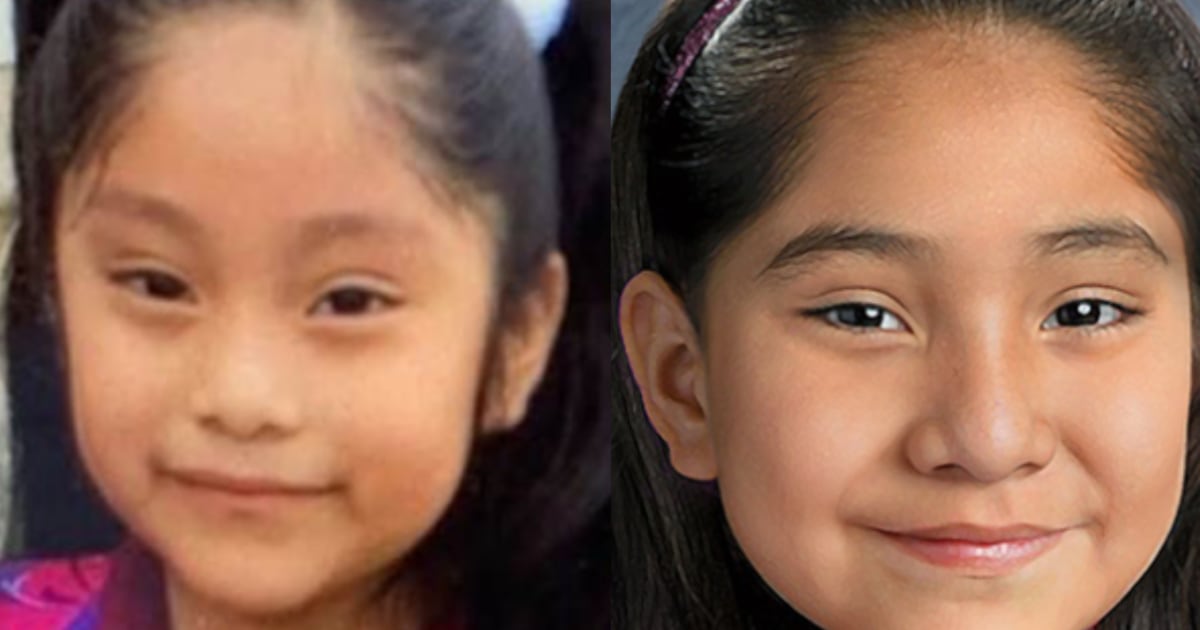




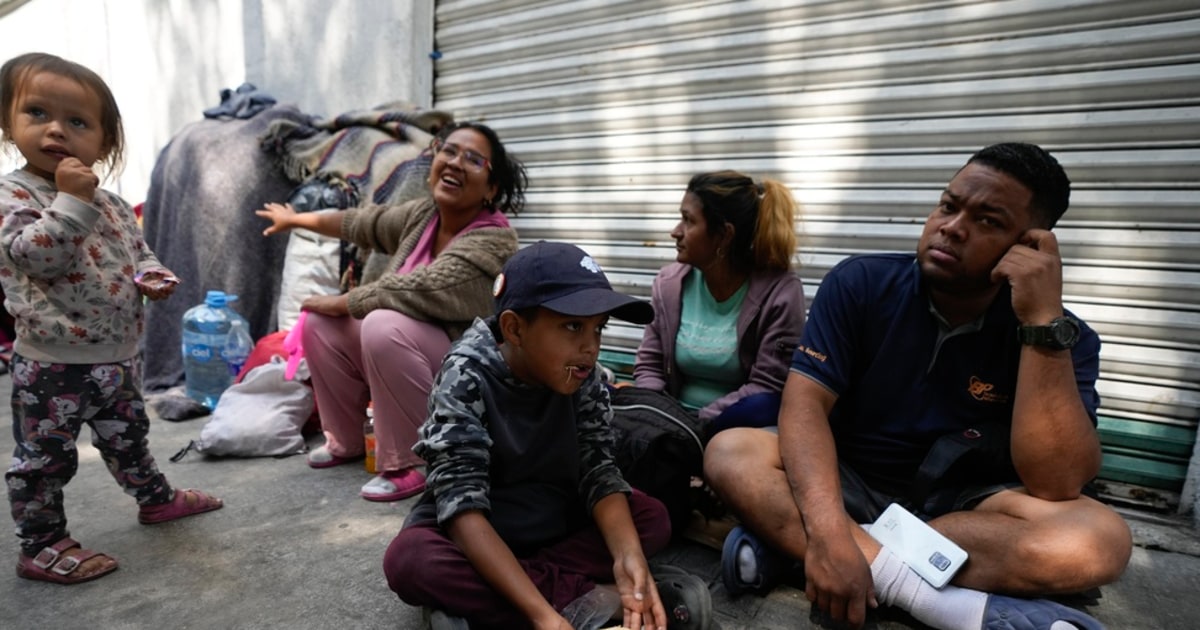



/cloudfront-eu-central-1.images.arcpublishing.com/prisa/KMEYMJKESBAZBE4MRBAM4TGHIQ.jpg)

